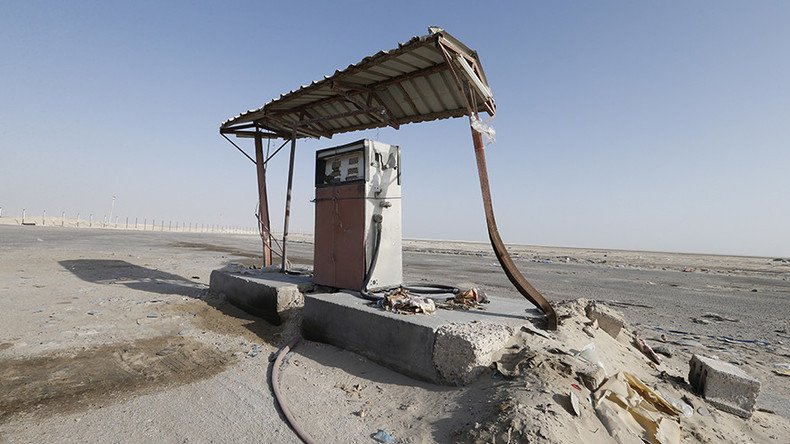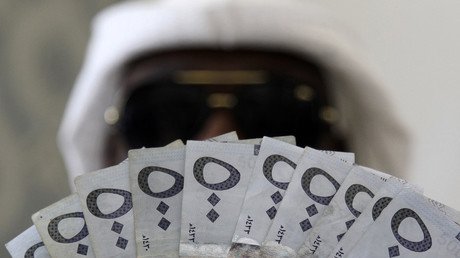Saudi Arabia puts end to pump-at-will policy

As low crude prices have taken a toll on the budget of Saudi Arabia, the government has decided to ditch its two-year policy of allowing unlimited output by its producers.
Riyadh is facing a nearly $100 billion budget deficit, the biggest among the world’s top-20 economies. The deficit is thwarting its first international bond issue as the country is now possibly facing lawsuits from relatives of 9/11 victims after the US Congress allowed Americans to sue the kingdom over its alleged involvement in the terror attacks 15 years ago.
Before stepping down in May, the country's former oil minister Ali Al-Naimi said the kingdom doesn’t care how deep the prices plunge, “down to $20, $40, $50, $60 a barrel - it is irrelevant.” His successor, Khalid Al-Falih, has taken a different position, saying oil prices should be higher than the current $50.
On Wednesday night, OPEC decided to slash the cartel production to 32.5 million barrels per day from the current 33.24 million. The quota for each member will be determined at the formal OPEC meeting in November.
The Saudis decided in November 2014 to stop coordinating oil output and let the oversupplied market decide prices. The move was intended to oust high-cost oil producers, such as US shale.
"The big takeaway is how into a corner the Saudis have backed themselves. This whole plan has backfired on them. They're going to be bearing most of the cutback if they pull it off, and they've had to really kowtow to the Iranians in this whole thing," Again Capital founding partner John Kilduff told CNBC on Wednesday.
OPEC and other major oil exporting countries tried to negotiate a production freeze in April. However, the meeting in Doha ended without an agreement as Iran refused to join the talks, and Saudi Arabia rejected a deal without OPEC's third largest producer.
Saudi Arabia softened its stance before this week’s Algeria meeting, reportedly offering to curb its own output, if Iran agrees to freeze at roughly 3.6 million barrels per day. Iranian Oil Minister Bijan Namdar Zanganeh said the country will not stop increasing output until it reaches 4 million. However, the accord still went through.
The news pushed oil prices six percent higher before slightly retreating on Thursday. As of 9:00am GMT, Brent crude was down 47 cents, trading at $48.22 per barrel, while US benchmark West Texas Intermediate was losing 26 cents at $46.79.














